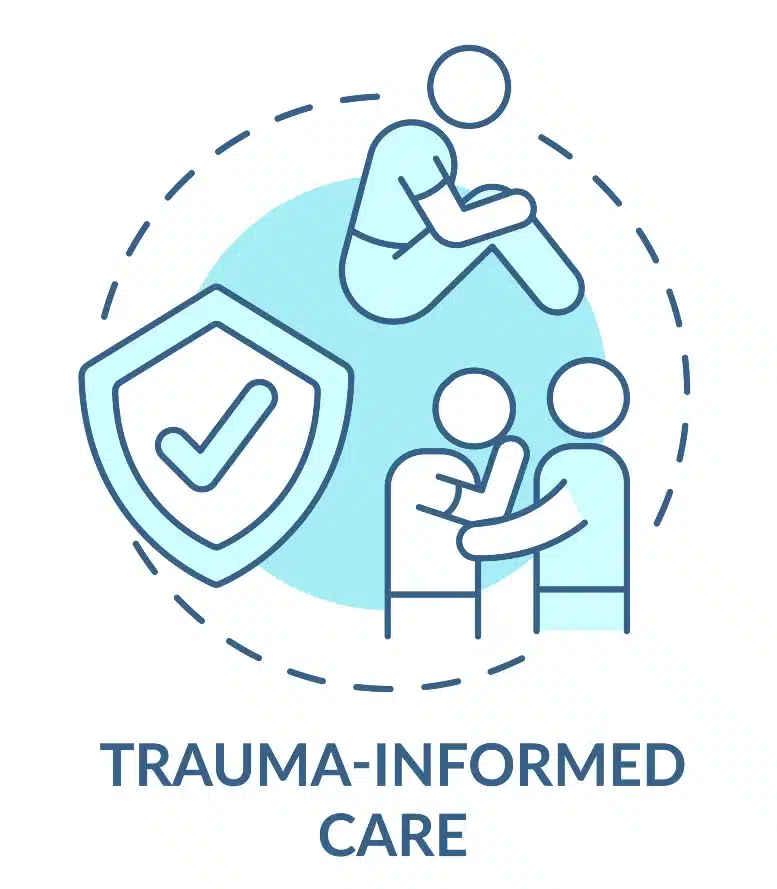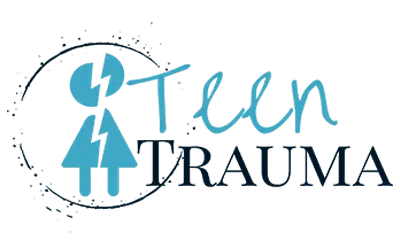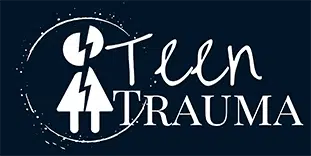Understanding Teen Trauma: Identifying Signs and Seeking Help for Your Child
Trauma is on the rise among teenagers. As many as 43% of young people have experienced at least one traumatic event. After suffering trauma, regardless of the cause, children have an increased risk for panic disorders, anxiety, and depression.
The ongoing effects of trauma on adolescents can lead to eating disorders, behavioral issues, and problems developing healthy relationships. Some teens with traumatic experiences will develop PTSD, a more severe form of trauma that impacts daily life.
Trauma is not something to ignore, and it won’t go away on its own. Thankfully, help is available, but first, you must learn to identify trauma and its effects to get help for your child when needed.
Common Sources of Trauma in Teens
Teens can experience a number of traumatic events, but some are more common for adolescents than others. Some common sources of teen trauma may include:
1. Abuse
Abuse towards teens can take many forms. Sadly, many teens are victims of physical and sexual abuse. These have lasting effects on the teen and may make them more prone to PTSD because of it.
Emotional abuse can also happen to teenagers. This form of abuse often comes from a caregiver or sibling. Neglect is a form of emotional abuse that can lead to PTSD, especially if the neglect happened when the teen was going through a major developmental change.
2. Natural Disasters
Teenage victims of natural disasters, such as house fires, tornadoes, hurricanes, and floods, often experience trauma. While this trauma happens to the entire community, its effect on the teen is still strong. The uncertainty that comes in the aftermath of these types of disasters has long-term effects.
3. Medical Trauma
If a teenager has a serious medical condition, the ongoing fear of the outcome, along with the trauma that comes from invasive medical procedures, can have an effect. Medical stress at a young age can cause psychological damage to the child. This can even be true if it was not the teen who was sick but rather someone the teen was close to.
4. Spousal Abuse
Teens who witness the abuse of a parent from an intimate partner can experience a trauma response. This source of trauma is often overlooked because the negative action didn’t happen to the teen directly. However, the effect is still strong.
5. Grief
The loss of a loved one to death, especially if that loved one was a close family member, can lead to trauma. Teens who have a parent who dies or who loses a sibling may experience PTSD symptoms.
6. Bullying
Bullying is a form of emotional abuse, but it deserves its own spot on the list because it is so prevalent. The advent of cyberbullying, which makes it difficult for a child to get away from their bullies, has made this an even stronger source of trauma. Teens who are bullied can feel like the bullying is a relentless problem with no hope of relief.

Recognizing Signs of Unhealthy Coping Mechanisms for Teens
Almost every teen will suffer some form of traumatic experience during adolescence, but not every teen will develop PTSD or need trauma-informed treatment. How can you know if your child does? Some signs of unhealthy trauma coping mechanisms in teenagers indicate that you consider teen trauma therapy treatment include:
-
- Self-medicating with drugs or alcohol
-
- Withdrawing from family and friends
-
- Changes in academics
-
- No interest in extra-curricular activities
-
- Sudden changes in mood or ongoing problems with mood swings
-
- Changes in appearance
-
- Sudden weight loss or weight gain
-
- Increased anxiety and panic attacks
These signs of trauma and symptoms don’t always mean a child is dealing with PTSD, but they can indicate a problem and will benefit from early intervention for teen trauma.
Studies have shown that approximately 70% of adolescents in the United States have experienced at least one traumatic event by the age of 16.
The Importance of Professional Help for Teens with Traumatic Experiences
Whether or not your child is dealing with PTSD, if they are dealing with a traumatic experience, then it’s time to seek professional help for your traumatized teen. Healing is possible, but it does need professional psychological therapy to find the deeply rooted effects of trauma and teach children healthier ways to process and move through it.
As you look for therapy for your child, choose a trauma-informed therapist or counselor. These professionals understand trauma’s effects on behavior and can help your teen weed through the many strong emotions they’re feeling due to their trauma. Trauma-informed therapists will understand the signs of trauma and provide tools and strategies to ensure these signs no longer have a long-term impact on the person.
Understanding Trauma-Informed Treatment for Teens

Trauma-informed treatment strives to help the child feel physically and psychologically safe when in treatment. Once safety is established, the therapist works to build trust through transparency.
Collaboration between the child and the therapist to find strategies that work is a key component of this treatment, and peer support can also be helpful. The final goal is to empower the teen to have the tools and strategies to move past the trauma and deal with the emotions in a healthy way.
Teen trauma should never be overlooked or underestimated. It is crucial for parents to recognize the signs and provide their child with the support they need. With the right tools and strategies, healing is possible, and teenagers can build resilience to overcome the effects of trauma.
Sarah Thompson, Licensed Clinical Social Worker
Taking Action: Helping Your Teen Heal from Traumatic Experiences
If your teenager has experienced a traumatic event, the sooner you take action, the better. The effects of trauma can follow someone from adolescence into adulthood, and getting treatment now will reduce the risk of the long-term effects of trauma. Traumatic experiences are serious, but healing is possible with the right tools and strategies.
-
National Child Traumatic Stress Network (NCTSN): NCTSN provides a wealth of resources, including fact sheets, guides, and toolkits for parents and caregivers of traumatized children and adolescents. Their website offers information on understanding trauma, coping strategies, and finding treatment options. Visit their website at: https://www.nctsn.org/resources/audiences/parents-caregivers
-
SAMHSA’s National Helpline: The Substance Abuse and Mental Health Services Administration (SAMHSA) operates a national helpline that offers confidential support and referrals for individuals and families facing mental health and substance abuse issues. They can provide information on local resources, including trauma-focused therapy options. Contact the helpline at 1-800-662-HELP (4357) or visit their website: https://www.samhsa.gov/find-help/national-helpline
-
American Academy of Child and Adolescent Psychiatry (AACAP): AACAP provides resources specifically tailored to parents and families, including articles, fact sheets, and guides on topics related to children and adolescents’ mental health, including trauma. Their website is a valuable source of information for understanding trauma and finding appropriate help. Explore their resources at: https://www.aacap.org/AACAP/Families_and_Youth/Home.aspx










